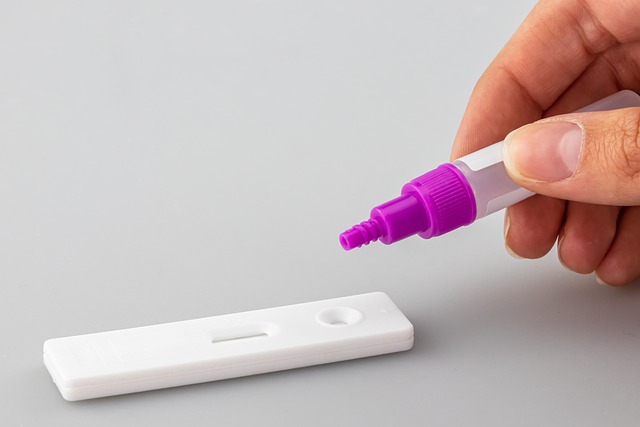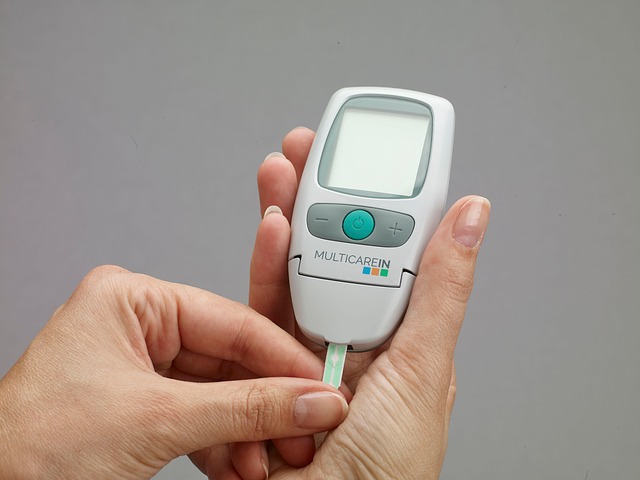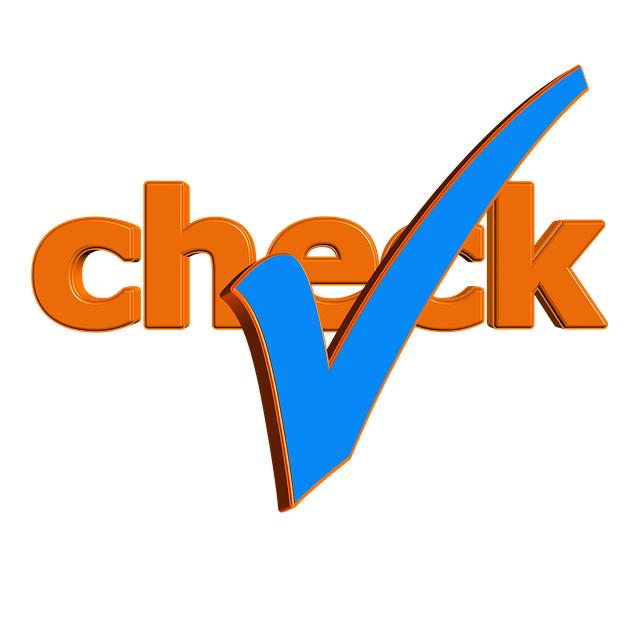Comprehensive thyroid testing includes TSH, T3/T4 hormones, and anti-thyroid antibodies, with costs varying by location, tests, and insurance. Lab tests are generally cheaper, offering basic panels, while clinical facilities provide advanced procedures like ultrasound at higher costs. Insurance coverage for comprehensive testing is crucial, as policies differ; understanding specifics prevents unexpected expenses. Costs depend on test types, facility, specialist expertise, and post-initial treatment needs.
Unsure about the cost of thyroid tests? Navigating healthcare expenses can be confusing, especially when it comes to understanding different types of thyroid panels and their associated costs. This guide breaks down the complexities of comprehensive thyroid testing, comparing lab and clinical settings, and exploring insurance coverage options. By understanding factors influencing prices, you’ll be better equipped to manage your health budget effectively. Get ready to demystify the financial aspects of comprehensive thyroid tests.
- Understanding Different Thyroid Tests and Their Costs
- Comparing Lab and Clinical Setting Prices
- Exploring Insurance Coverage for Comprehensive Testing
- Factors Affecting the Overall Price of Thyroid Testing
Understanding Different Thyroid Tests and Their Costs

When considering comprehensive thyroid testing, it’s important to understand that various tests exist, each offering different levels of insight into thyroid health. The most common types include TSH (Thyroid-Stimulating Hormone) tests, which measure how well your thyroid is functioning and are often the first step in evaluating thyroid health. Other key tests include T3 and T4 hormones, which provide more direct readings of thyroid output, and anti-thyroid antibodies, which can help diagnose autoimmune thyroid disorders like Hashimoto’s disease.
The cost of these tests can vary widely depending on several factors, including your location, the specific tests ordered by your healthcare provider, and whether you have insurance coverage. TSH tests are typically the most affordable, while comprehensive panels that include multiple hormones and antibodies tend to be more expensive. Keeping track of these costs is essential, especially since maintaining normal thyroid function range is crucial for overall well-being, and addressing potential issues early can prevent complications like depression linked to thyroid issues.
Comparing Lab and Clinical Setting Prices

When comparing the cost of comprehensive thyroid testing, it’s essential to consider where the tests are conducted—whether in a laboratory setting or at a clinical facility. Lab tests, which often include basic thyroid function panels and thyroid antibody tests, tend to be more affordable due to their streamlined processes and lower overhead costs. These tests can provide valuable insights into potential thyroid disorders, such as hypothyroidism or autoimmune conditions.
On the other hand, clinical settings, like doctors’ offices or specialized clinics, may offer more advanced procedures like ultrasound or biopsy for thorough evaluation of thyroid abnormalities. While these services can be slightly pricier, they ensure a comprehensive diagnosis, especially in cases where an ultrasound is necessary to assess nodules or masses, and a biopsy is required to confirm conditions like cancer. Understanding the differences in pricing and services will help individuals make informed decisions regarding their thyroid health and choose the most suitable testing approach based on their symptoms and medical history, including any weight gain related to hypothyroidism.
Exploring Insurance Coverage for Comprehensive Testing

Exploring Insurance Coverage for Comprehensive Testing
When considering comprehensive thyroid testing, understanding your insurance coverage is a crucial step. Many health insurance plans in today’s digital era include some form of coverage for laboratory services, including thyroid function tests. However, the extent of this coverage can vary significantly from one plan to another. It’s important to note that standard policies often cover basic thyroid tests like TSH (Thyroid Stimulating Hormone) levels, but comprehensive testing that delves deeper into hormone replacement therapy side effects or assesses various other thyroid hormones might be considered specialized services and require additional out-of-pocket expenses.
In terms of aging and thyroid function decline, comprehensive thyroid testing can provide valuable insights into maintaining normal thyroid function range. By understanding your insurance policy’s specifics, you can ensure that you’re not met with unexpected financial burdens when navigating these tests. Remember that as previously mentioned, some plans may require co-pays or deductibles for specialized services. Therefore, reviewing your coverage and communicating with your healthcare provider will help you make informed decisions regarding comprehensive thyroid testing.
Factors Affecting the Overall Price of Thyroid Testing

The overall price of comprehensive thyroid testing can vary greatly depending on several key factors. One significant influence is the type of test being conducted; different methods range from basic blood tests measuring TSH (Thyroid Stimulating Hormone) levels to more in-depth panels checking for various thyroid hormones and antibodies. Additionally, the location of the testing facility—whether a clinic, hospital, or laboratory—can impact costs due to operational expenses and staffing differences.
Another critical aspect is the level of expertise required for interpretation and follow-up care. Specialized endocrinologists or thyroid specialists often charge higher rates for their services compared to general practitioners, reflecting their advanced training and experience in diagnosing thyroid conditions, including potential thyroid cancer risk factors. Moreover, if additional tests or treatments are needed based on the results, these costs will be reflected in the overall price of comprehensive thyroid testing.
When considering comprehensive thyroid testing, understanding the cost breakdown is key. By comparing lab and clinical settings, evaluating insurance coverage, and being aware of price-influencing factors, you can navigate the financial aspects with confidence. Armed with this knowledge, you’re better equipped to choose the best course of action for your health and budget.
